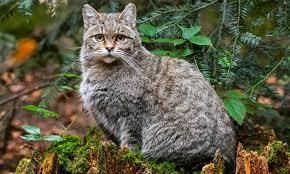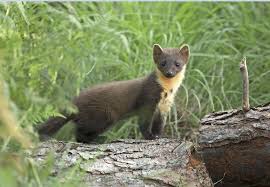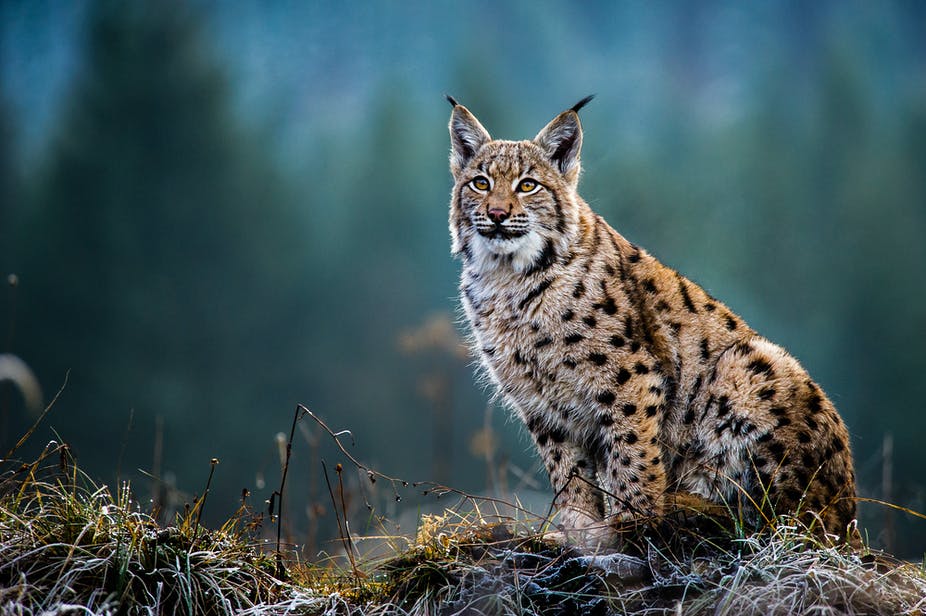Once common across the whole of the UK, they were hunted to extinction. Currently, just a handful remain in Scotland. While interbreeding between wildcats and feral domestic cats is normally rare, in the current situation feral cats outnumber wildcats 1000 to one, and as such the wildcat is essentially extinct.

The farmer who is looking to reintroduce them, currently has 6 pairs, which he is hoping to increase to 150 individuals and to start reintroducing perhaps as early as next year.
Continue reading “Wildcats set to return to southern England 150 years since their extinction in England and Wales”

